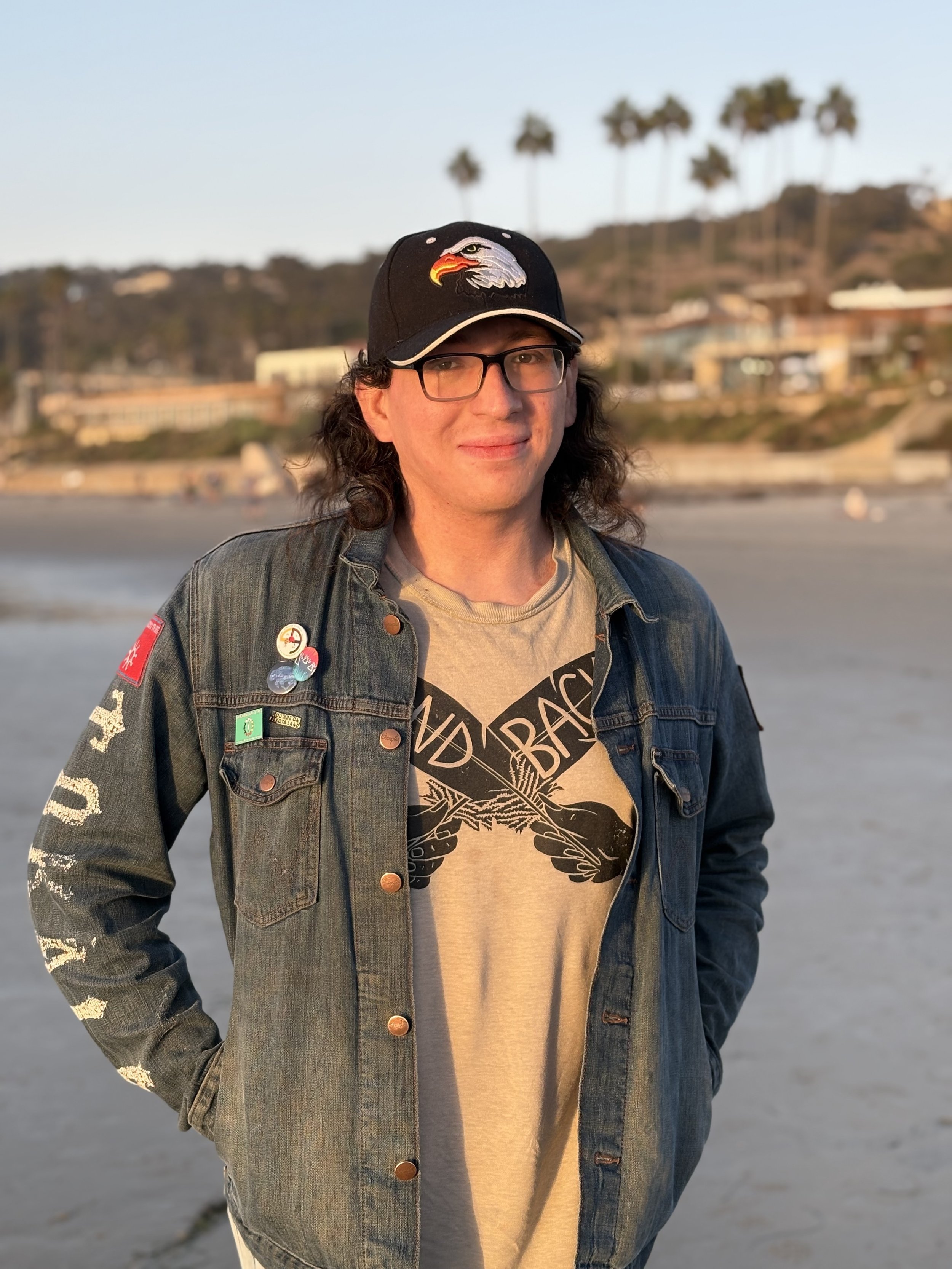Meet Science Warrior Stephen Swift Bird
Mining and extractive industry are an ever-present threat to our lands and waters on this continent and around the world. As we prepare for the next year, we know we will need to fight back harder than ever to prevent new destructive mines from being built while repairing the lasting damage from those that already exist.
That’s why I’m so proud of the work we’re doing at Honor the Earth to invest in research and science driven by Indigenous Peoples.
Right now, our Research and Ecology team has the privilege of working with seven talented Science Warrior Fellows, each of whom is using environmental research to revitalize and protect their homelands.
One of those fellows is Stephen Swift Bird, Oglala Lakota from the Wakinyan Luzahan Tiyospaye. He was born on the Pine Ridge Indian Reservation and grew up moving around the traditional territory of the Oceti Sakowin in South Dakota.
Stephen Swift Bird at the Science Warrior retreat in San Diego
Stephen is testing soil and plant roots around the modern and historic mines in the Black Hills, looking for heavy metals like arsenic. As new uranium mines are being built, waste left behind from historic gold mines still pollutes the region.
“I’ve seen areas where plants don’t grow as much,” Stephen says. “I have a theory it has something to do with mining and I want to test that hypothesis. The plants are super important to our culture and they’re being killed.”
Stephen is part of the next generation of Indigenous scientist-activists who are using culturally-grounded and community-led science to find solutions to the many environmental crises we currently face.
We are working to build the foundation for grassroots community-driven research, led by Indigenous Peoples that can be conducted outside of the confines of academic institutions and governmental agencies. This work is expensive and has long been out of reach for our communities.
It’s time we reclaim it.
Conor Varela Handley, Director of the Department of Ecology and Research

